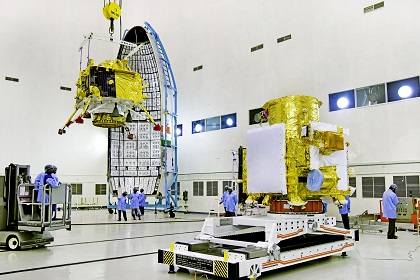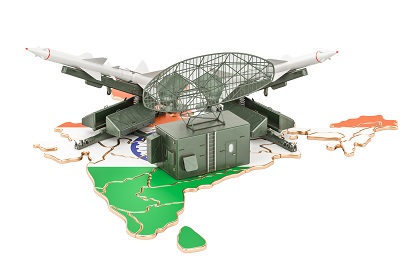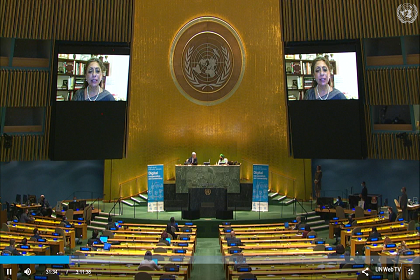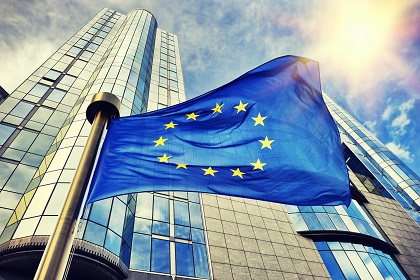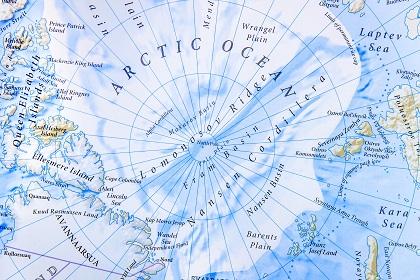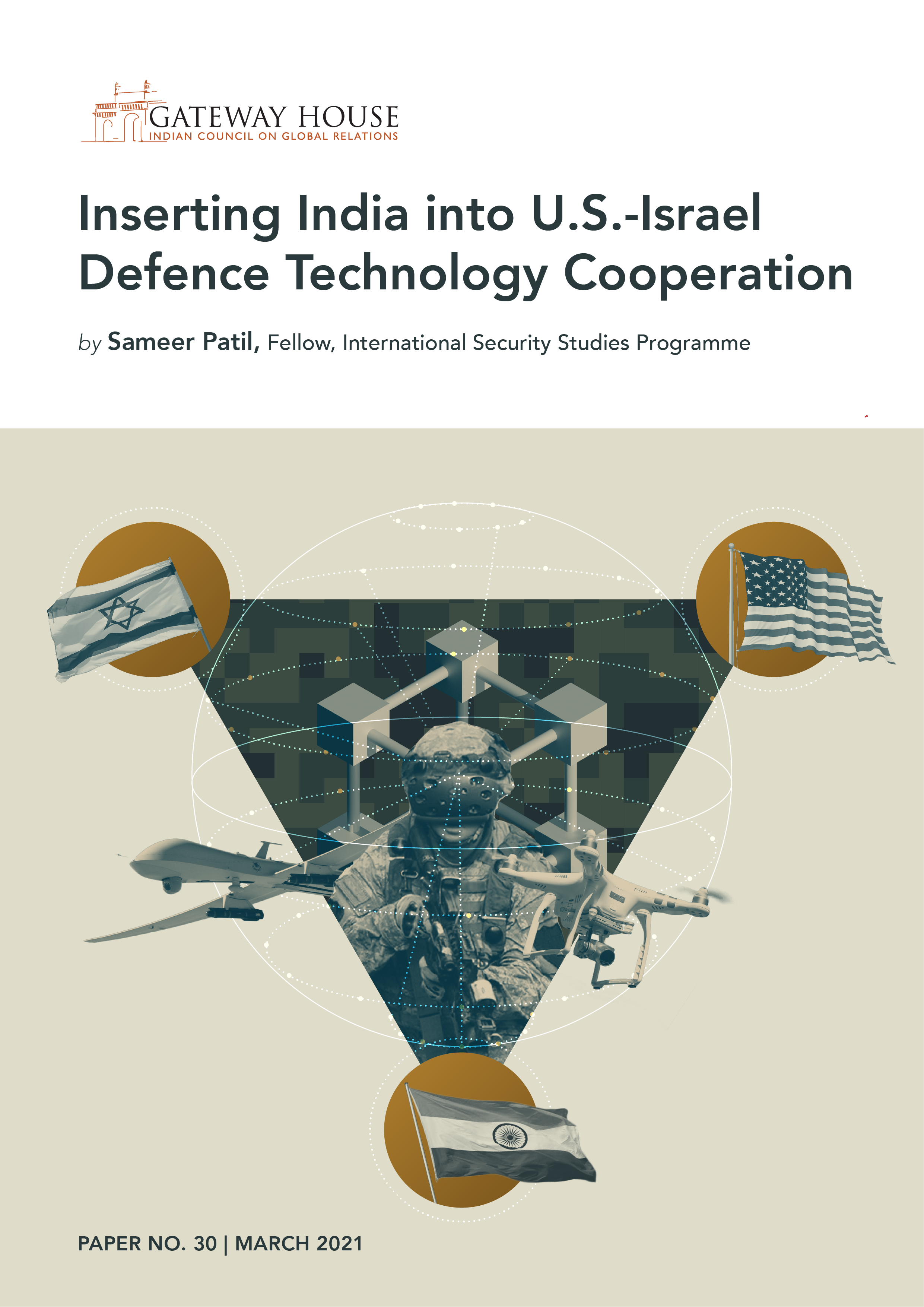India needs a new space strategy
With the space sector being divided into astro-political blocs, India can't afford to stay non-aligned. A recent treaty between China and Russia makes it plain for India that leaving space exploration to a few science aficionados can be dangerous. India needs a national space exploration strategy with tangible economic and meta-strategic goals in sight.

